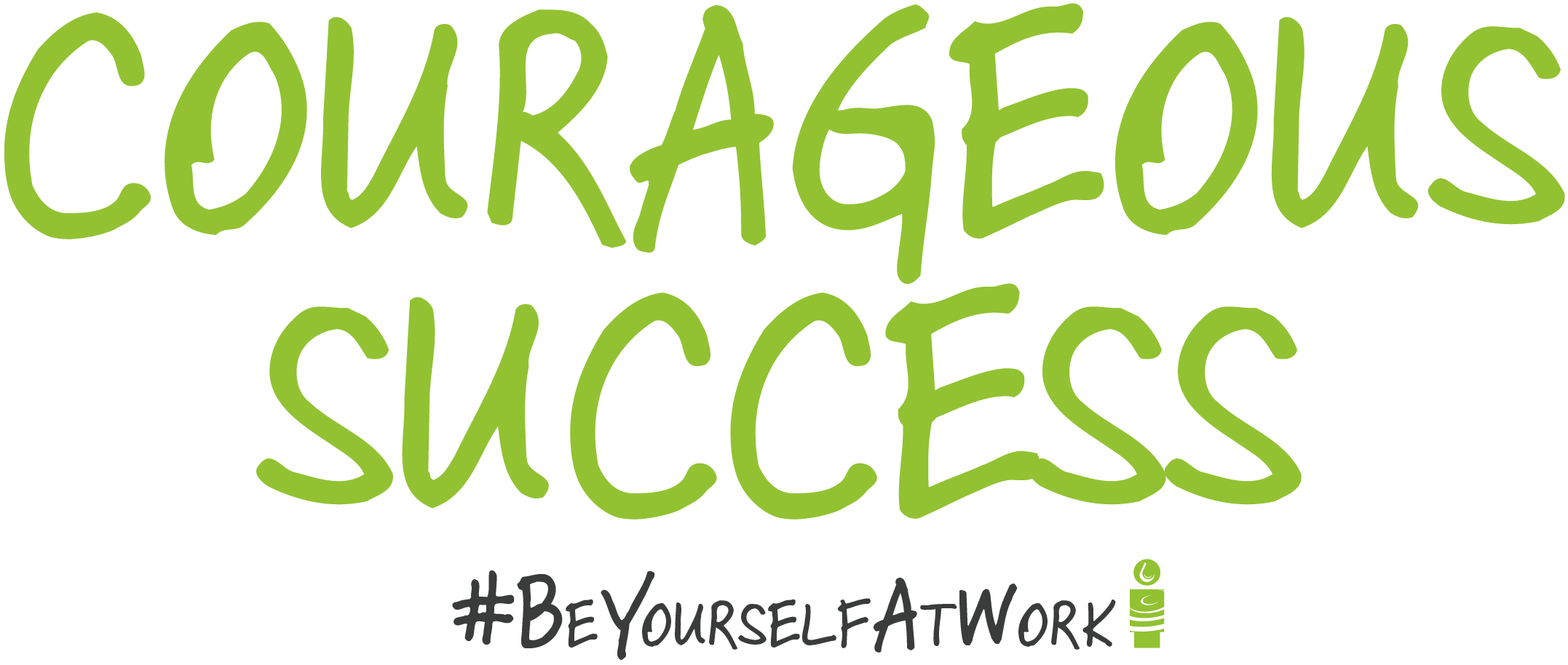58% of us lose time at work worrying about rude people!
Walmart was in the news recently for all the wrong reasons, when a disgruntled employee gave an expletive filled ‘leaving’ rant over the store intercom, and then posted it on social media.
In the UK this week, Jeremy Corbyn was accused of mouthing ‘stupid woman’ to Theresa May during PMQ’s, leading to MP’s demanding Corbyn return to the house to apologise and even prompting the US WestWing actor Rob Lowe to get involved when he tweeted, whilst watching PMQ’s (who knew?!), ”I saw him say it with my own eyes’’.
The same day, I met Theresa May at Heathrow, I told her to ‘go for it’ whilst looking her in the eye to show my belief in her.
These instances may seem funny and prompt us to say, does any of this matter? However there is lots of evidence to say it does.
Both instances are examples of rudeness and displaying an attitude of ‘it’s all about me so I’ll say what I like!’
Researchers into rudeness often use the term ‘contagious’ and ‘toxic’ when referring to its impact. Studies conducted in 2016 by the Journal of Applied Psychology found that, ‘’when you experience rudeness, it makes rudeness more noticeable. You’ll see more rudeness even if it’s not there.”
Incivility in the workplace leads to lower productivity and increased stress (Christine Porath) Research by the University of North Carolina and reported in bizjournals.com, reveals some startling statistics about the impact of rudeness at work:
- 28% lost work time avoiding the rude person.
- 58% lost work time worrying about the encounter or possible future interactions.
- 37% reduced their commitment to the organization.
- 46% contemplated changing jobs to avoid the rude person.
Other research has shown that as incivility between customers and workers increased within an organization, sales performance dropped and employee absenteeism increased (NBC).
There are lots of reasons why office disputes or unpleasantness can happen, including stress, deadlines, focus, frustration and lack of conscious awareness. We often blame others for their rude behaviour without being conscious of the impact of our own behaviour.
“A lot of rudeness can be unintentional….it comes from cluelessness, being inconsiderate, not thinking it through…’’
(Michael P. Leiter, PhD, Professor of Organizational Psychology at Deakin University in Geelong, Australia).
Is it all about them, your colleagues, or also about you? Would you like to work with you?
All of us can actively do something to create good working relationships that fuel a real and trusting work environment.
Thinking positively about others and building relationships and trust is important, it makes us feel connected and ourselves. Research shows that there is also a clear link between building positive relationships and business performance.
From our work with iAM Values, bringing realness to individuals and teams, we see an average impact of 85% on improving relationships.
- Decide to actively lift your openness and notice when you are holding back. How much of a relationship do you have with your inner self and how you are seen by others? What’s your self-awareness like? Do you have a filter? Notice!
- Share information about yourself. A google study found that managers who “express interest in and concern for team members’ success and personal well-being” outperform others in the quality and quantity of their work. Great, but openness often starts with you. It’s ok to let people in.
- Embrace difference. Notice difference. Instead of deciding people are wrong, better or worse than you, see them as different to you. Remember that we are all unique and others are not like you, so stop expecting them to be!
- Make friends at work. Remembering that our colleagues are real people, rather than just roles, humanises the workplace. Do you decide to see the real and engage with the best in others? Assume positive intent of others.
- Be curious, what can I learn from this situation or other’s ideas? Stop needing to prove yourself or your rightness, and absorb instead.
#Be yourself at work.
